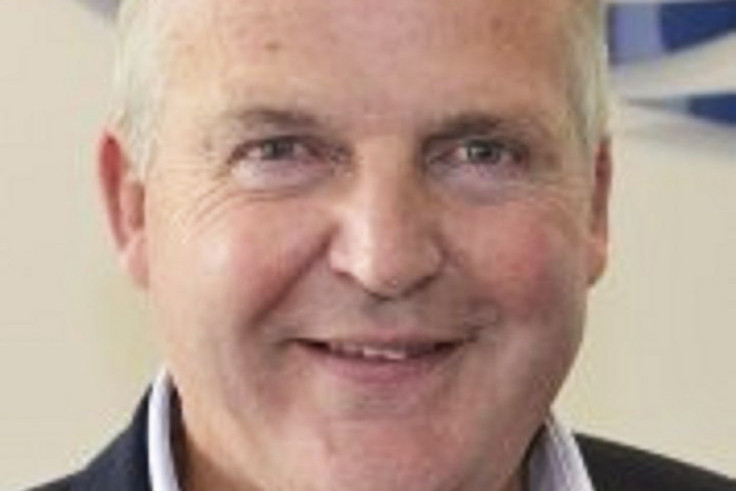Simon's Choice: BBC show urges government to reopen right to die debate after 'rejecting safe legal option'

A BBC2 documentary on assisted death has provoked discussion on whether or not the government should reconsider its stance on allowing people with terminal illnesses to end their lives.
How To Die: Simon's Choice told the story of Simon Binner, 57, who was given just two years to live in January 2015 after being diagnosed with motor neurone disease, and chose to travel to a suicide clinic in Basel, Switzerland in October 2015 as his condition deteriorated.
The documentary, predictably, caused a mixed reaction from charities linked with the topic coming shortly after the September 2015 parliamentary debate on whether or not to permit lethal injections for people with less than six months to live – a bill that was rejected by MPs who voted 330 to 118 against it.
In a statement given in response to the documentary, Sarah Wootton, chief executive of pro-assisted dying charity Dignity in Dying, said: "No one can fail to be moved by Simon's Choice. It showed that Simon and his wife both loved each other and loved life very much but, following his diagnosis with his terminal condition that would eventually rob him of his life, he sought to choose the manner of his death."
"Whether someone dies of their illness or has an assisted death their friends and family will inevitably grieve and question how things could have been different. Nobody can take away that heartbreak and grief but it is within our power to give dying people and their loved ones some comfort in knowing they have some choice and control over their own death.
"Simon's decision to die was clearly difficult for him and his loved ones and our thoughts go out to his family. In the end, the incredibly difficult decision can and should only lie with the dying person if they are mentally competent to make it. Only they can say how they want to die or what suffering they can and should bear.
"What Simon's Choice also demonstrates is that, in Parliament rejecting a safe legal option here in the UK, dying people will continue to take such measures in order to have control at the end of life."
However the frequency of documentaries about assisted dying was criticised by the charity Care Not Killing, which said the BBC's decision to air six programmes on the subject since 2008 was excessive. Care Not Killing spokesperson Alistair Thompson said: "This the sixth documentary since 2008 that advocates for changing the law. It advocates the normalisation of people killing themselves, and suicide is the biggest killer of young men in this country, and this is normalising it.
"There are only 20 to 30 people per year who go from the UK to Dignitas to die, so we are talking about less than 1% of deaths but a lot is shown about it. The programmes often coincide with votes in Parliament. It's just depressing that the other side isn't shown, for example the great palliative care and hospice treatment in this country.
"It doesn't make great TV seeing the emotional things that people in a hospice live with, but we have an ageing population with complex care needs, and the debate should be around things like how we fund the NHS."
© Copyright IBTimes 2025. All rights reserved.






















